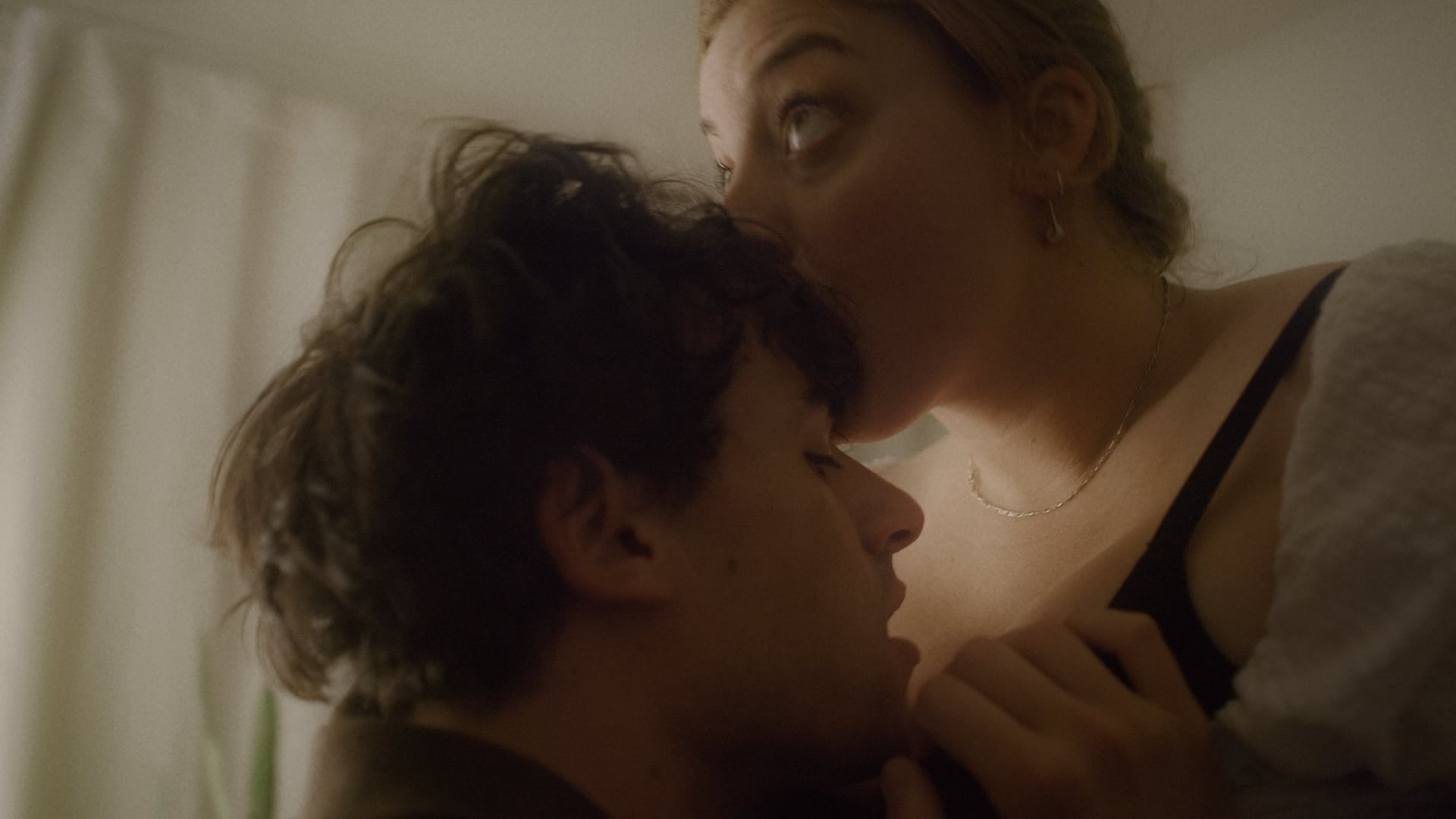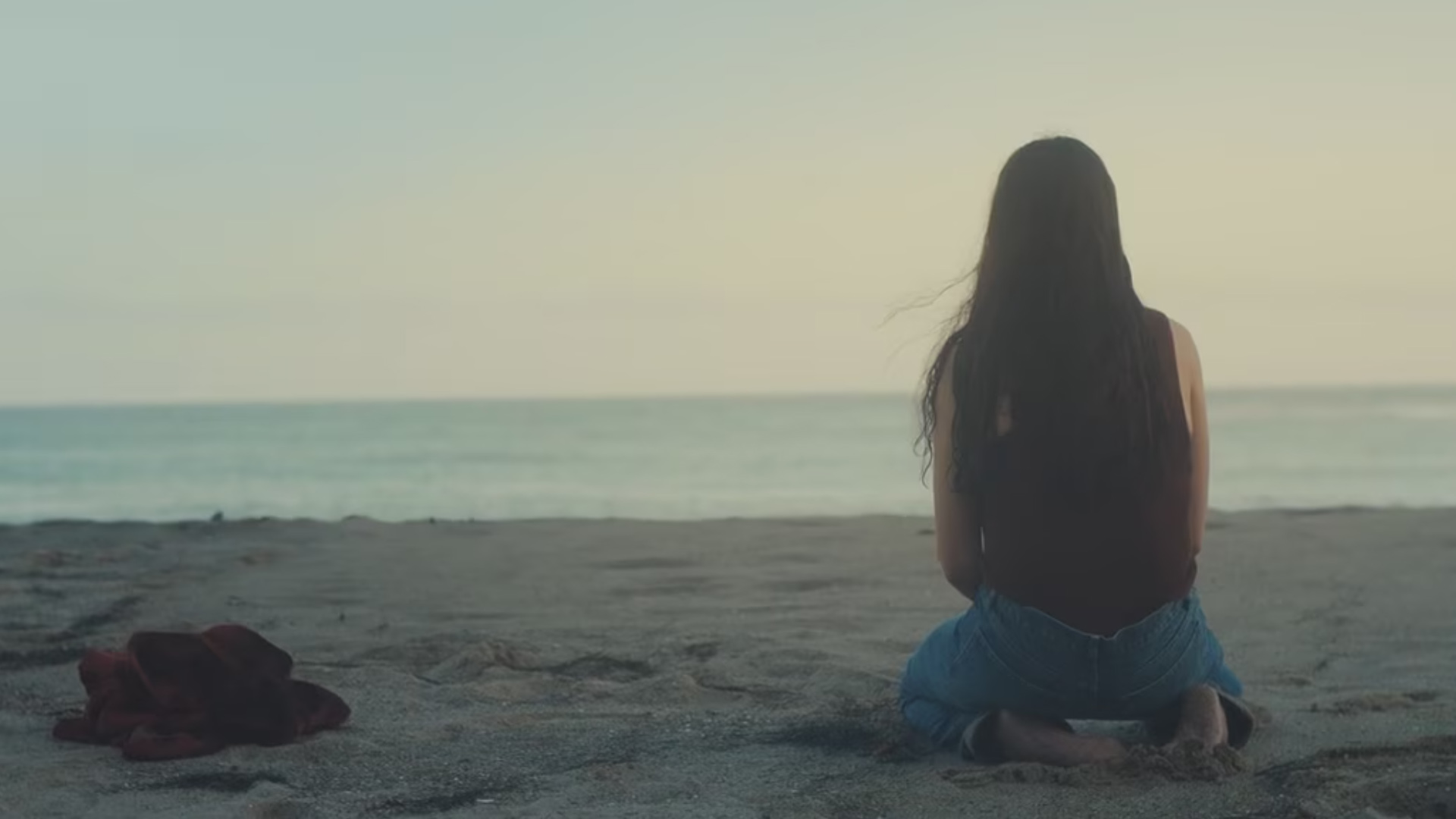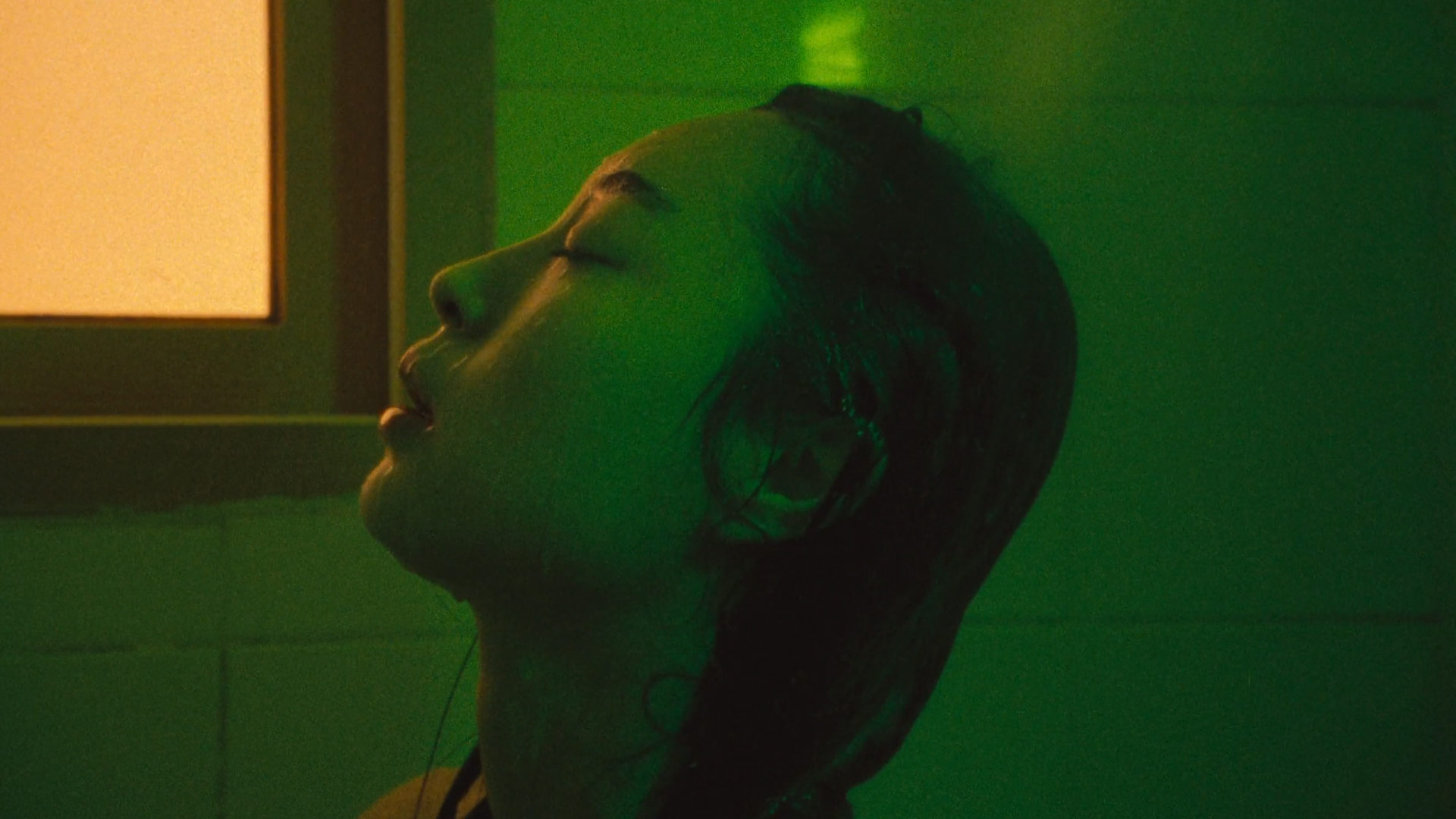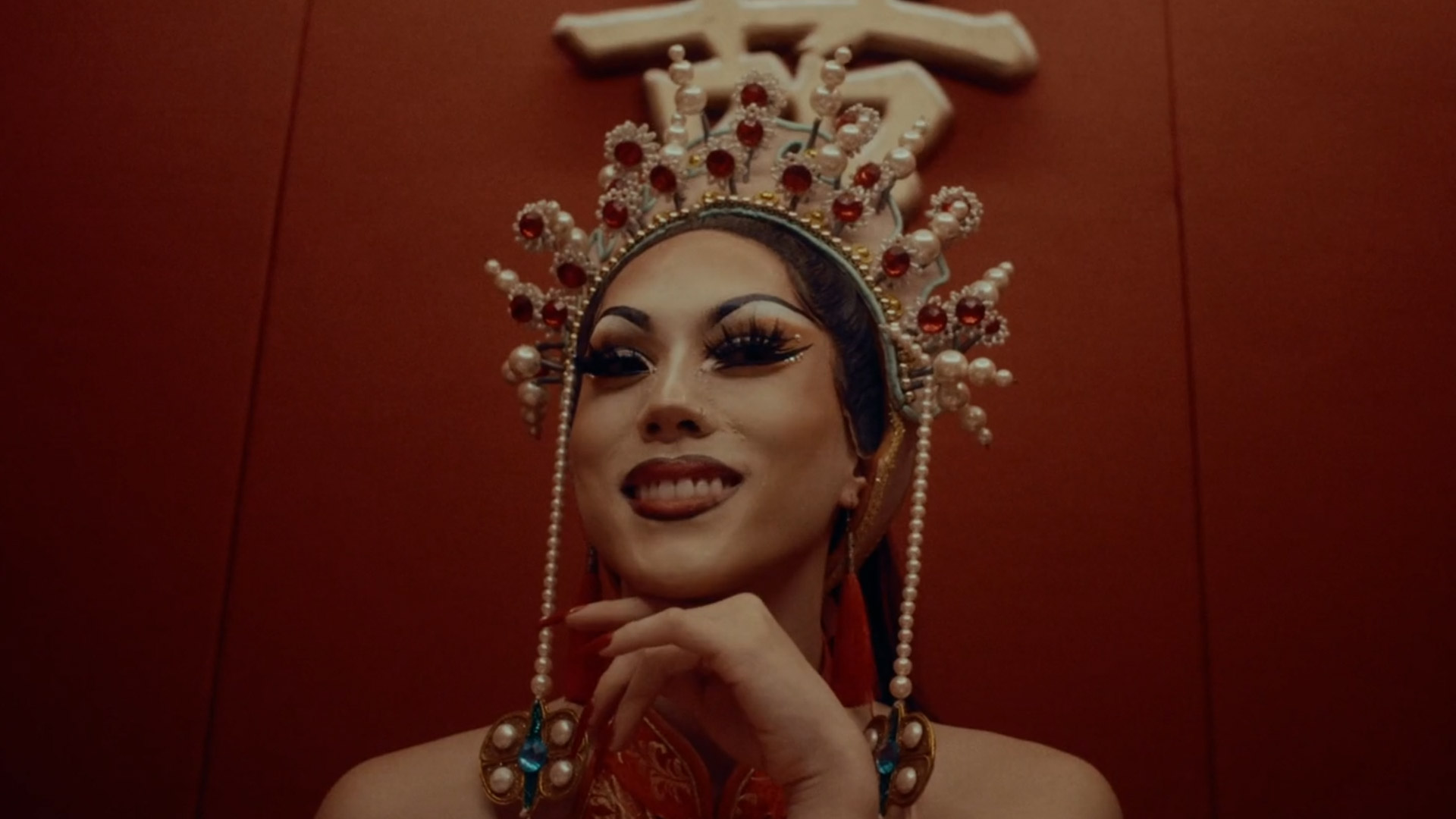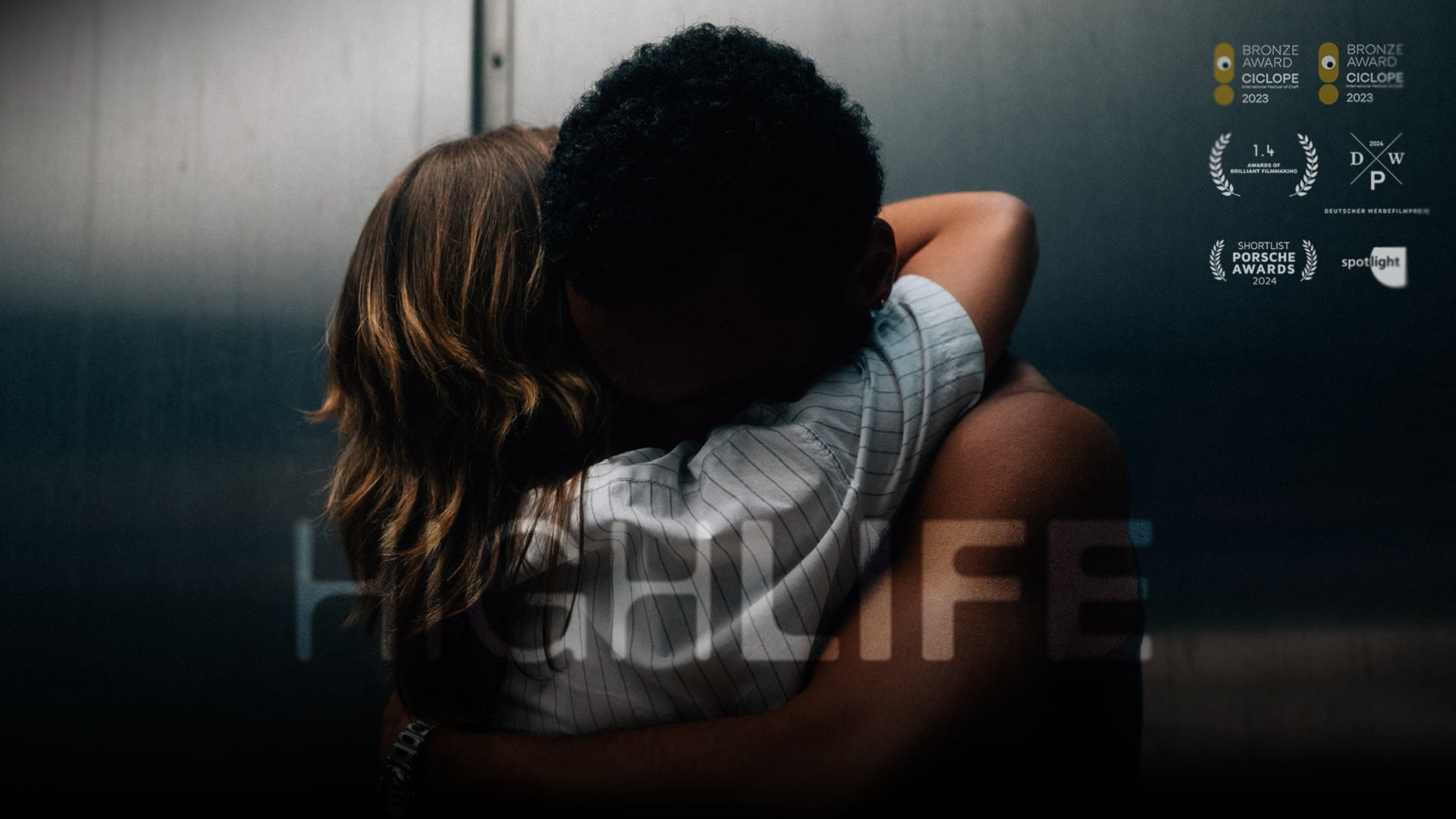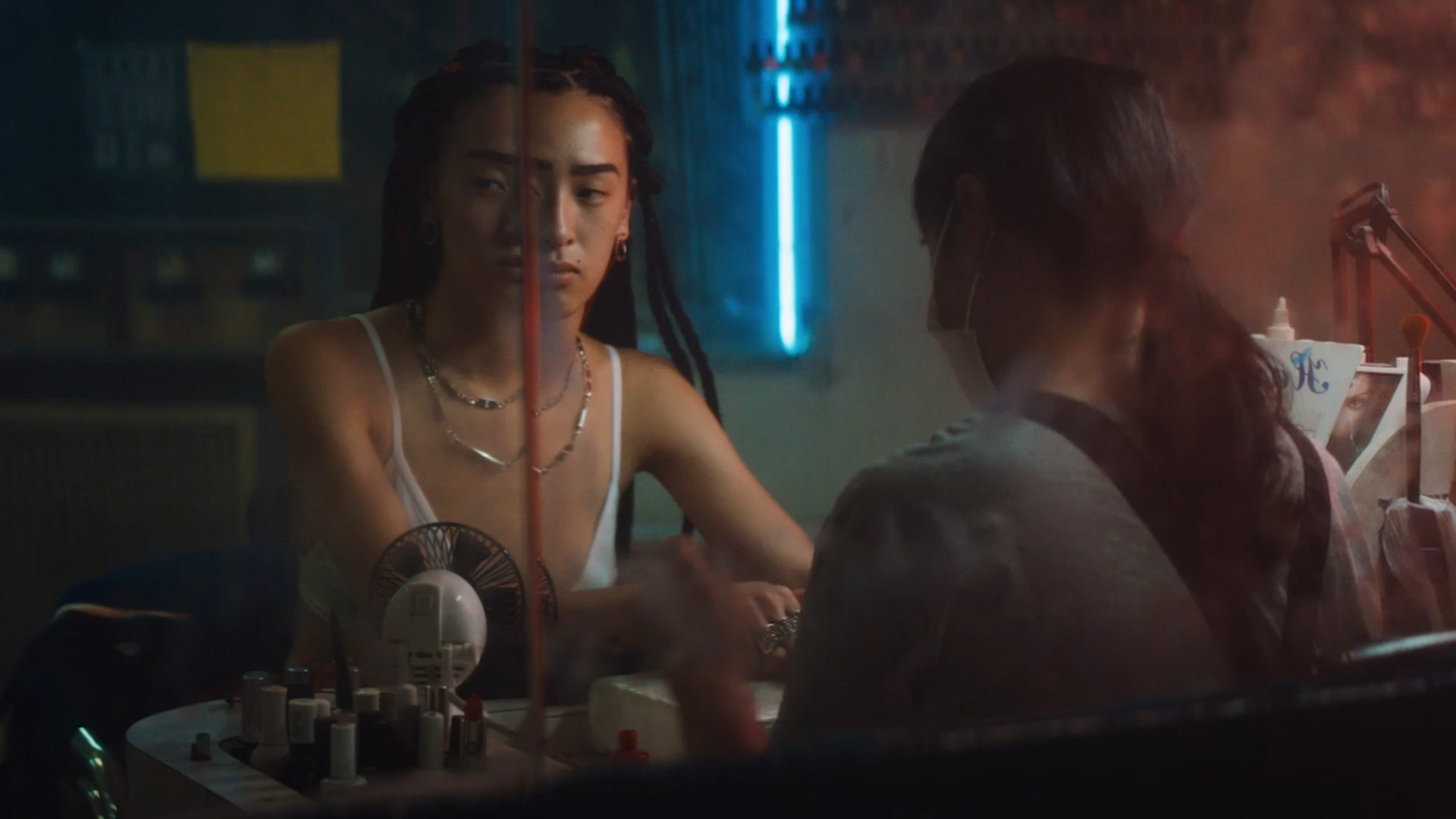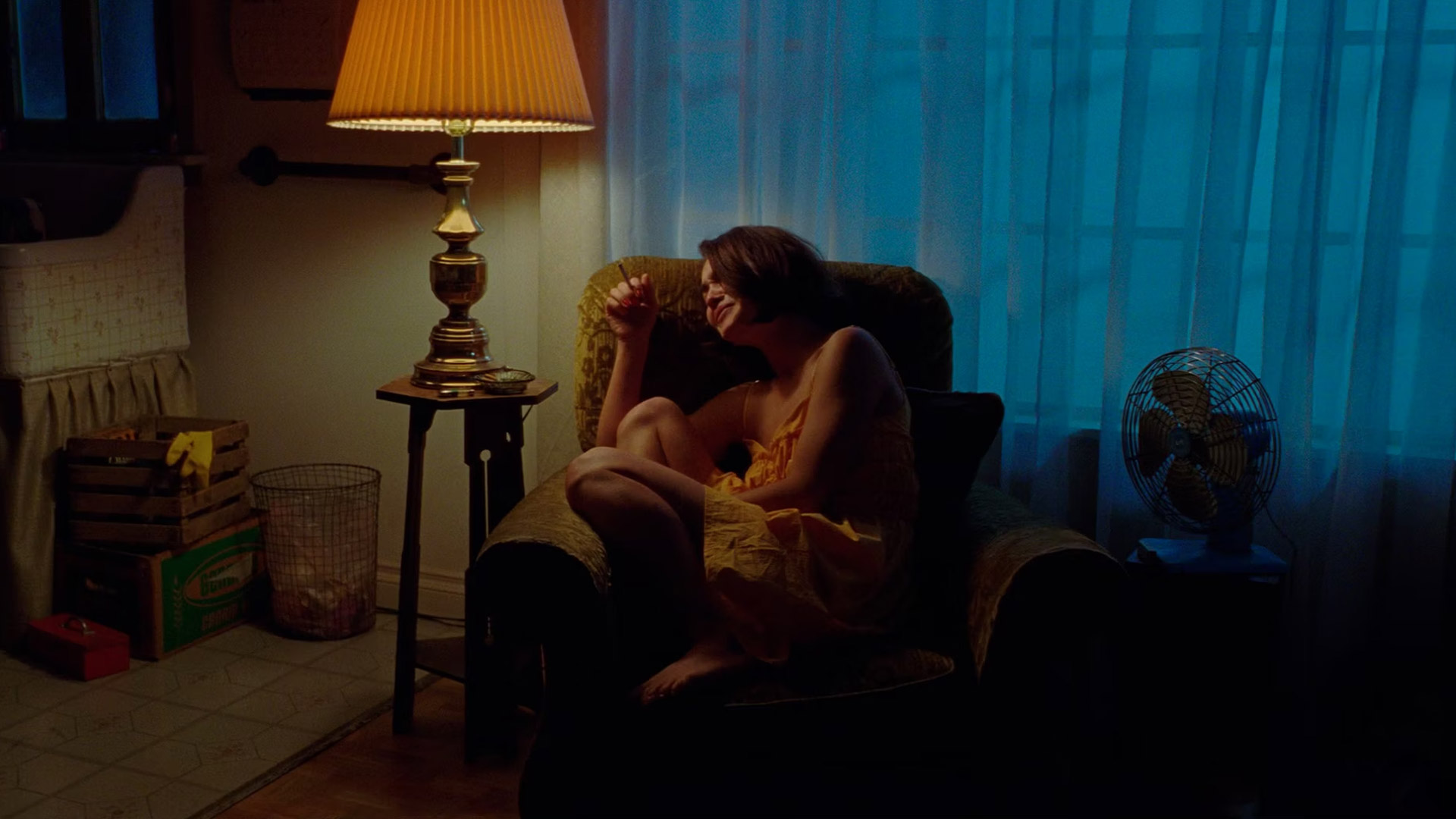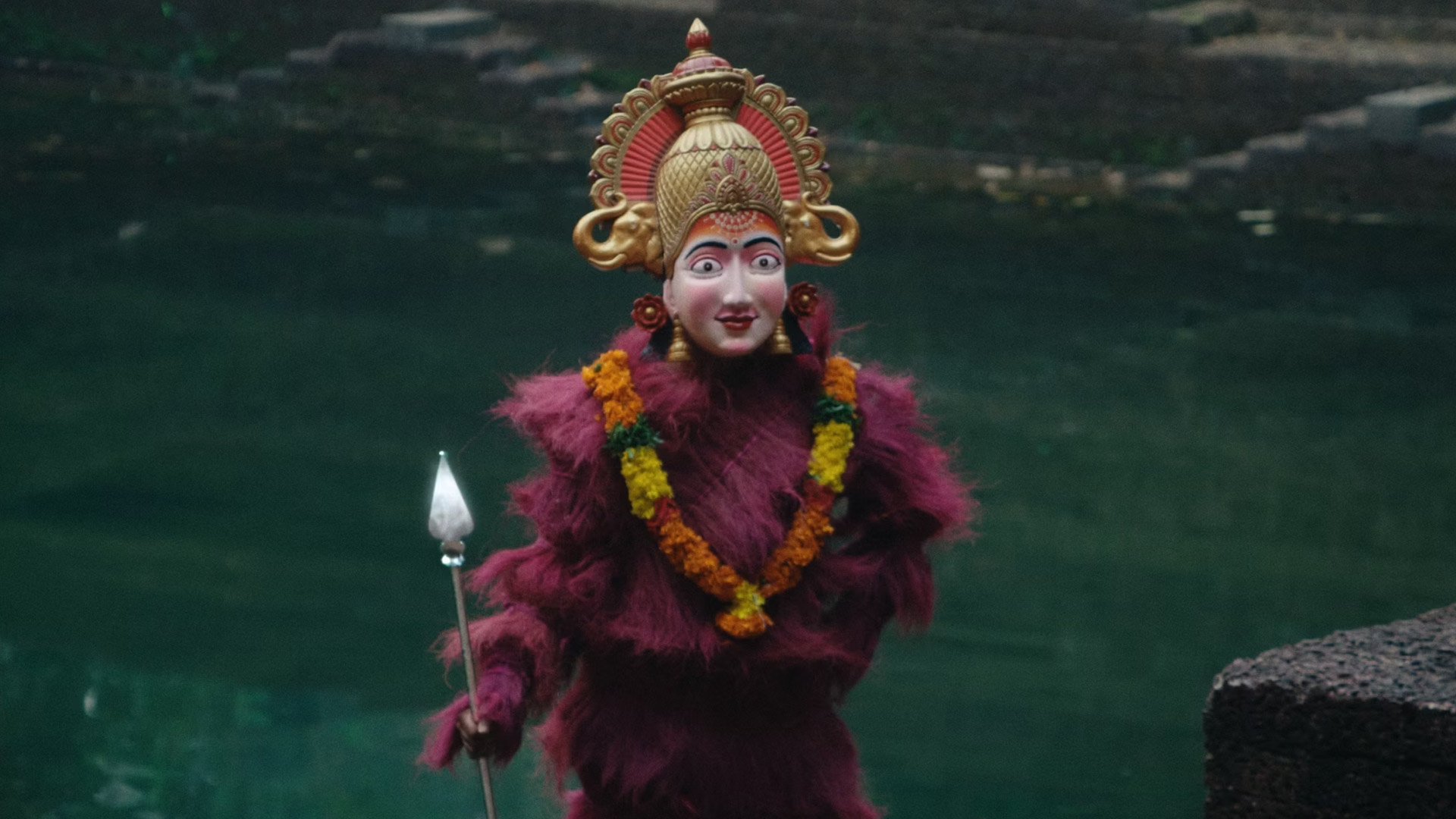What would it mean to marry someone behind bars?
I woke up one morning noticing that my loneliness could be measured in heat – that the warmth of my sheets extended only as far as my own body. I wondered how many men and women woke up in America feeling that same isolation — and for how long.
I thought of my friend Aloné Watts, whose name holds a bitter aptness because it describes her own ongoing isolation because of her partner’s incarceration. Aloné’s boyfriend, Desmond Watson, was arrested in October 2015 on a series of nonviolent charges. He has been in a private prison near their home in New Orleans ever since, in personal and legal limbo as he awaits a trial. The facility prohibits in-person visits, and Aloné is compelled to pay up to $400 a month to communications companies like City Tele Coin and Securus to maintain any contact.
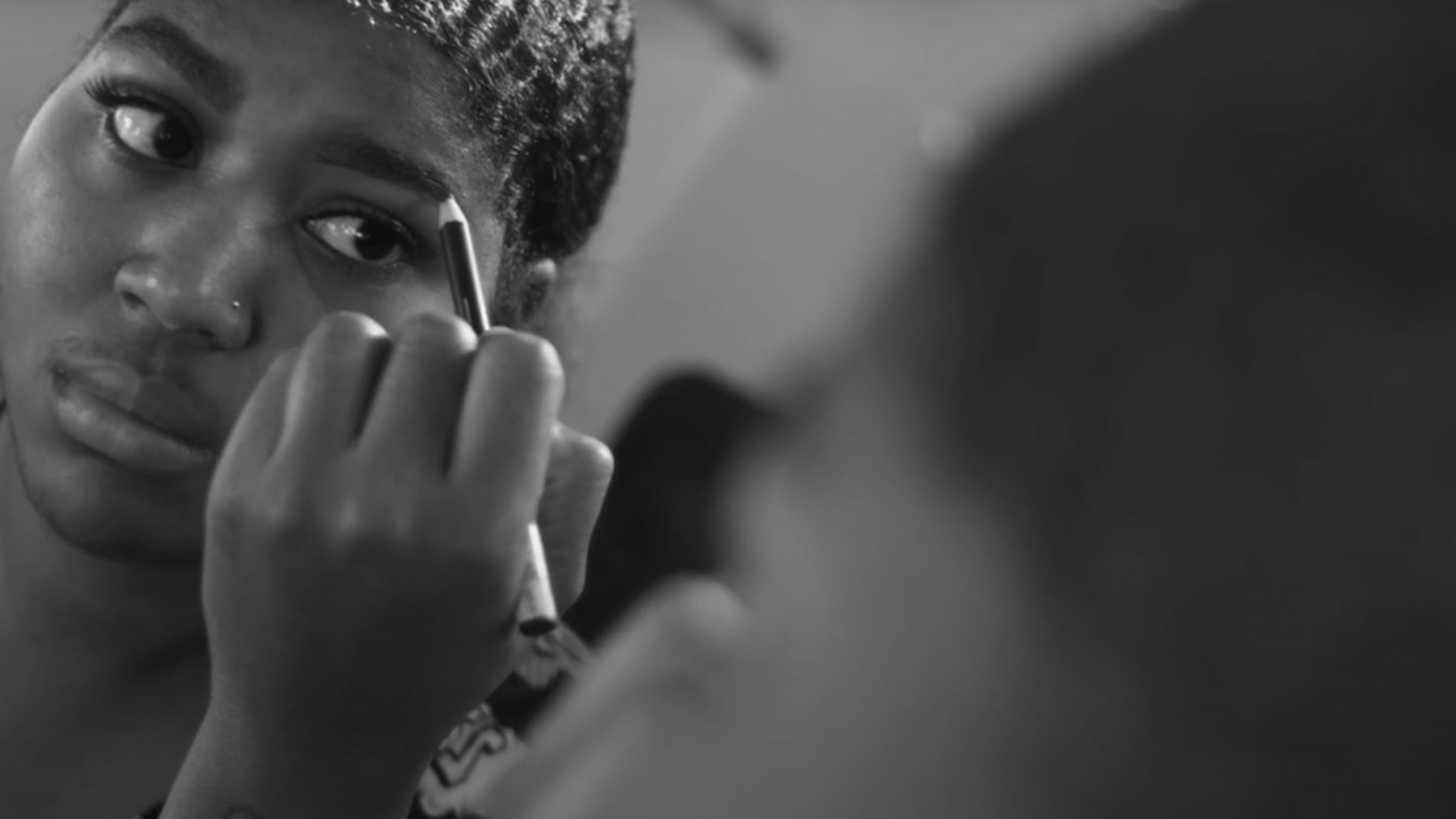
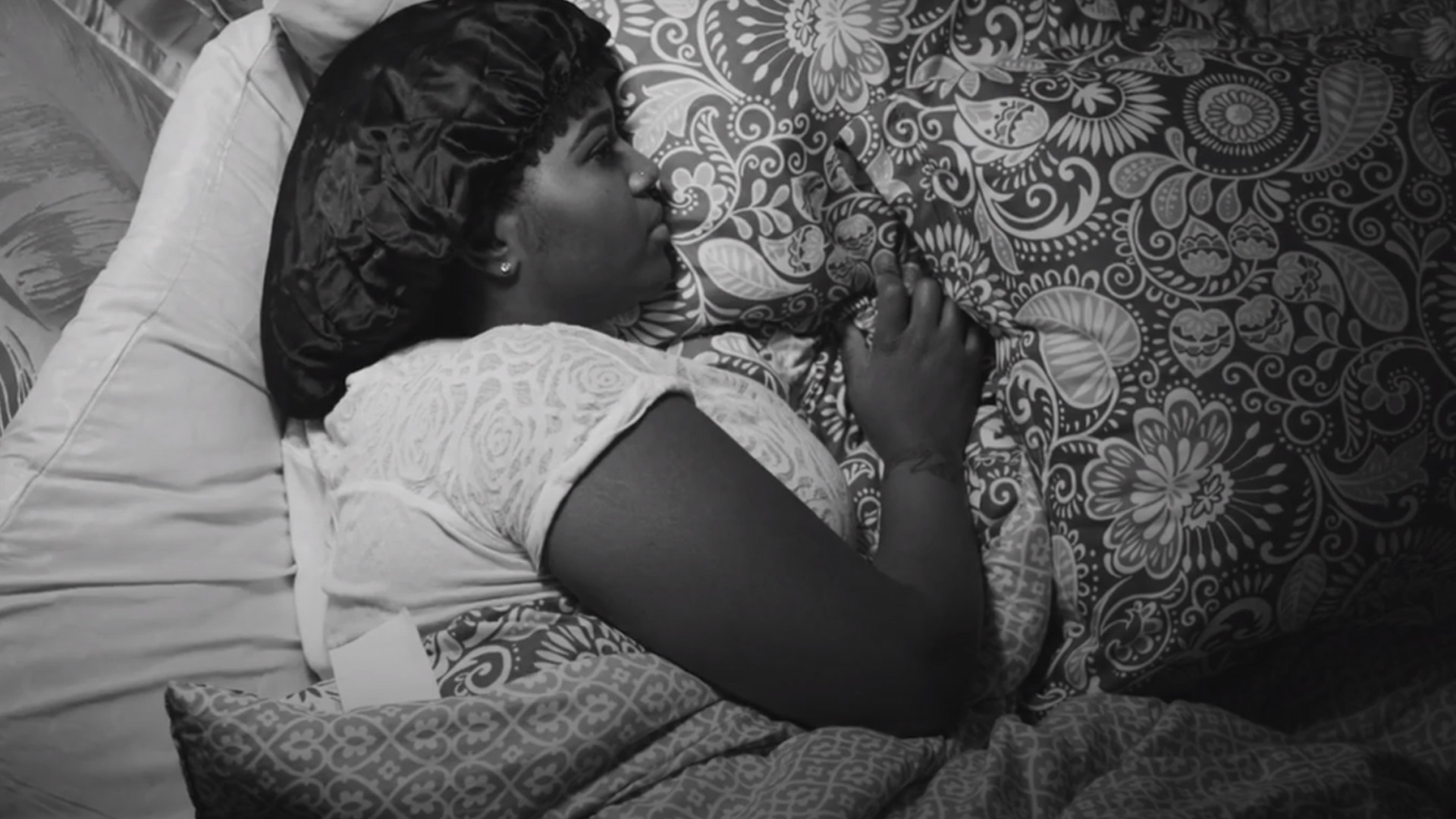
Torn between understanding that marrying someone whose future might involve years of incarceration and the irrationality of love, Aloné’s response was yes, but she had to think.
And there is a lot to think about. Aloné and Desmond’s story in many ways reflects our country’s history of slavery, in particular for how it mirrors the chronic possibility of separation for enslaved people through the sale of family members. Frederick Douglass asserted that slave owners “purposefully separated children from their parents in order to blunt the development of affection between them.” After the Civil War, formerly enslaved men and women reassembled their families by placing newspaper advertisements in search of lost family members, and men and women signed up to formalize their unions. But the onslaught against the black American family remains intractable.
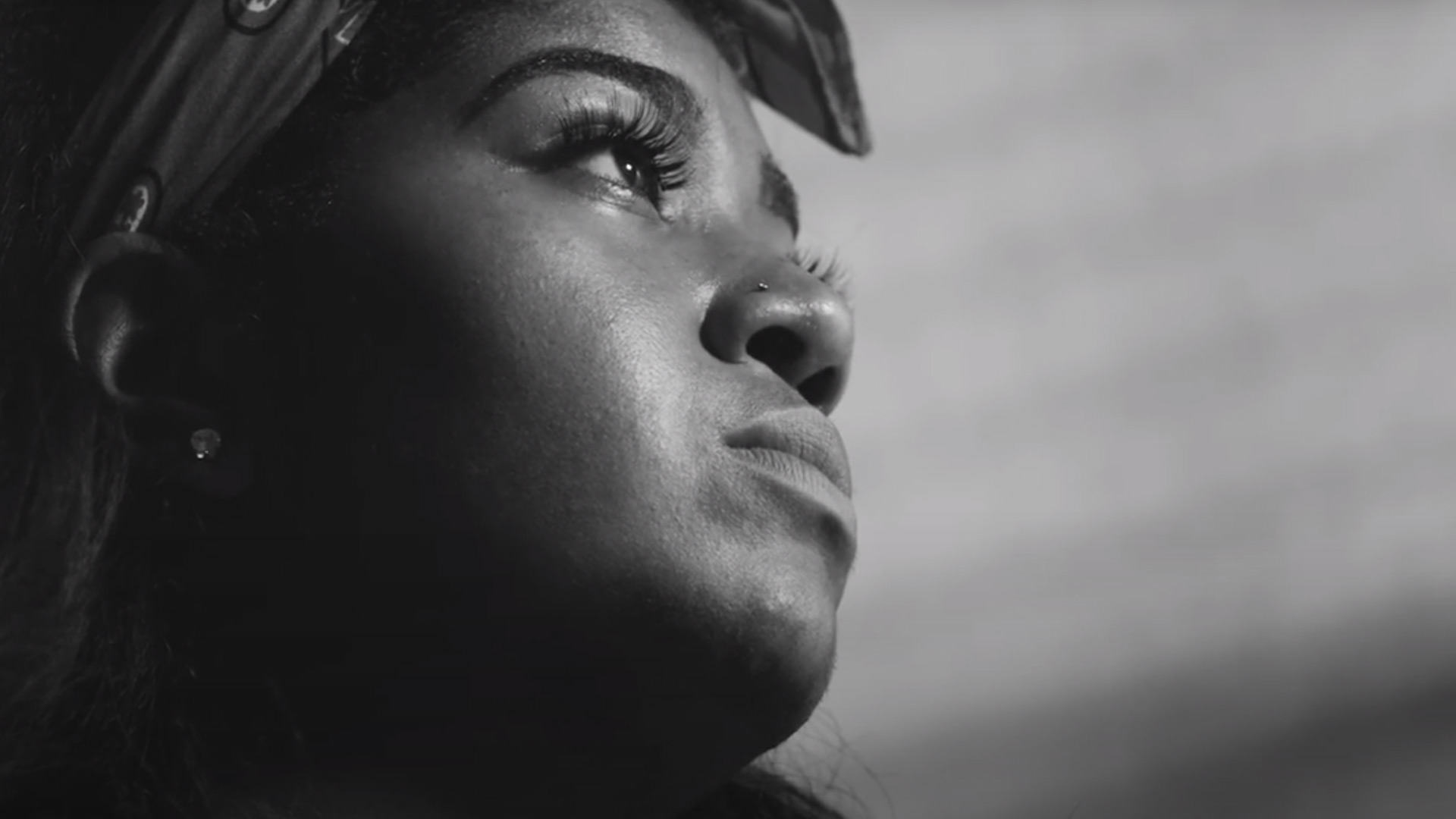
And so I hope this film can propose a way of thinking about marriage as a symbol, one with the power to contradict our legacy of historical exclusion. Marriage as a right, not a privilege.
This short documentary is produced in collaboration with the Sundance Institute Short Documentary Fund supported by the John D. and Catherine T. MacArthur Foundation.
